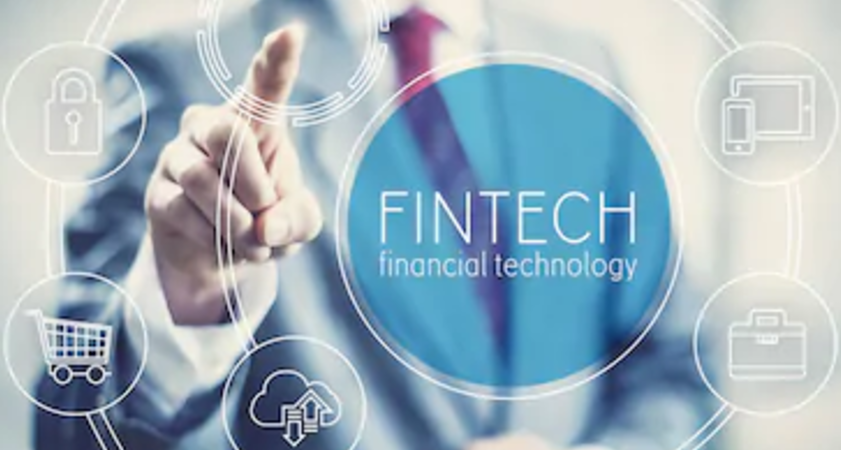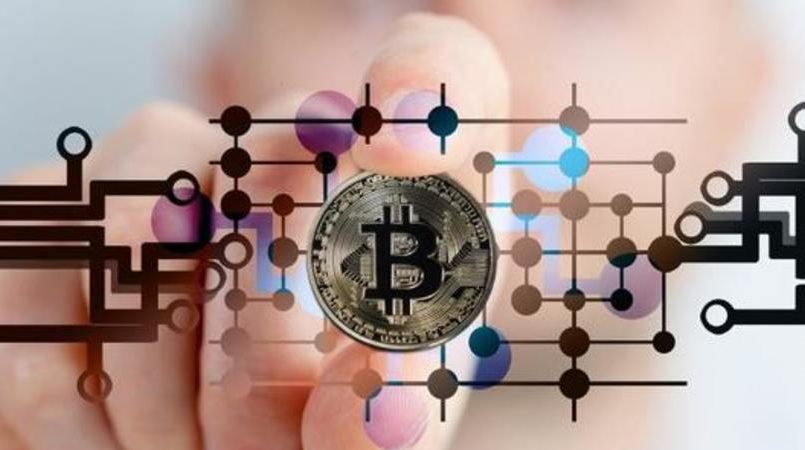Decentralised Finance (DeFi) will make a game-changing impact on the world in dozens of different economic dimensions. DeFi can address many of the flaws in the existing financial systems, including giving the unbanked access to the financial system. In the coming years, DeFi can offer improved transparency, more robust security while replacing many of the outdated processes. Decentralised Finance, or Open Finance, is all about creating a global, decentralised alternative to every financial service that exists today, including insurance, savings, loans, etc.













